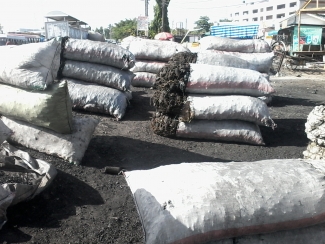First Annual Conference of the Social Sciences in Tanzania
The College of Social Sciences, University of Dar es Salaam will organize its First Annual Conference titled the Voice of Social Sciences from 17 to 18 November 2014 in Dar es Salaam. The Conference…
